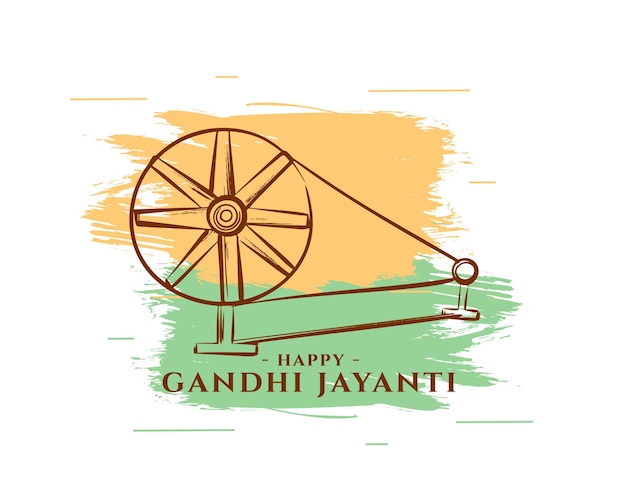Fascinating Facts about Gandhi

Gandhi was born on October 2, 1869, in Gujarat, India.
He is also known as Mahatma Gandhi, which means great soul in Sanskrit.
Gandhi studied law in London and became a barrister.
He developed a technique of nonviolent civil disobedience, which he called Satyagraha.
Gandhi led the Indian National Congress in the struggle for Indian independence.
He played a key role in the Salt March, where thousands of Indians walked to the Arabian Sea to protest against the British salt monopoly.
Gandhi was a firm believer in equality, nonviolence, and religious tolerance.
He led movements for women’s rights and fought against untouchability in Indian society.
Gandhi was deeply influenced by Henry David Thoreau’s essay on civil disobedience.
He believed in self-sufficiency and encouraged Indians to spin their own cloth using a spinning wheel, known as a charkha.
Gandhi began wearing a simple loincloth and shawl as a symbol of his commitment to a simple and humble lifestyle.
He fasted as a means of protest against violence and injustice.
Gandhi served as a bridge between different religious communities in India, advocating for communal harmony.
He was assassinated on January 30, 1948, by Nathuram Godse, a Hindu nationalist who opposed his views on partition and Hindu-Muslim unity.
Gandhi’s birthday, October 2, is celebrated as the International Day of Nonviolence.
He has been an inspiration for many world leaders, including Martin Luther King Jr. and Nelson Mandela.
Fascinating Facts about Gandhi part 2
Gandhi promoted self-governance and self-rule, believing in the power of decentralized decision-making.
He believed in the importance of education and advocated for free and compulsory education for all.
Gandhi warned against the dangers of consumerism and materialism, emphasizing the need for a sustainable and simple lifestyle.
He practiced and promoted vegetarianism as a way to promote nonviolence towards animals.
Gandhi’s philosophy of nonviolence, known as Ahimsa, has influenced social and political movements around the world.
He believed in the importance of truth and called it the greatest force on earth.
Gandhi was nominated for the Nobel Peace Prize five times but never won.
He led successful nonviolent campaigns in South Africa before returning to India.
Gandhi fought against discriminatory laws and policies that targeted Indians in South Africa.
He encouraged Indians to boycott British goods as a means of protesting against colonial rule.
Gandhi opposed the division of India into separate Hindu and Muslim nations, but ultimately accepted the partition plan to prevent further violence.
He was a prolific writer and has written numerous books and articles on various topics including politics, education, and spirituality.
Gandhi’s autobiography, The Story of My Experiments with Truth, is considered a classic in modern Indian literature.
He spent a significant part of his life in ashrams or spiritual communities, practicing communal living and self-discipline.
Gandhi was nominated for Time magazine’s Person of the Century in 1999.
He believed in the concept of Swaraj, or self-rule, and worked towards achieving it for the Indian people.
Gandhi’s ability to mobilize and unite people from different backgrounds was one of his greatest strengths.
He fought against the oppressive caste system in India and advocated for social equality.
Gandhi’s social reforms included campaigns against child marriage and the promotion of women’s empowerment.
He walked a total of over 18,000 kilometers during his various protest marches.
Gandhi’s philosophy influenced other leaders, such as Aung San Suu Kyi in Burma (Myanmar) and Lech Walesa in Poland.
He believed in the power of forgiveness and taught his followers to forgive their oppressors.
Gandhi’s nonviolent resistance inspired the Civil Rights Movement in the United States.
He practiced celibacy for long periods as a means of self-control and spiritual development.
Gandhi strongly opposed the use of violence, even in the face of aggression, and believed in the power of love to overcome hate.
He worked tirelessly to promote the rights of Dalits, also known as Untouchables in the Indian caste system.
Gandhi’s philosophy also extended to environmentalism and the need to protect and preserve nature.
He initiated and led campaigns against the practice of sati (widow burning) and child labor in India.
Gandhi’s teachings and principles continue to inspire individuals and organizations working for peace, justice, and equality around the world.

